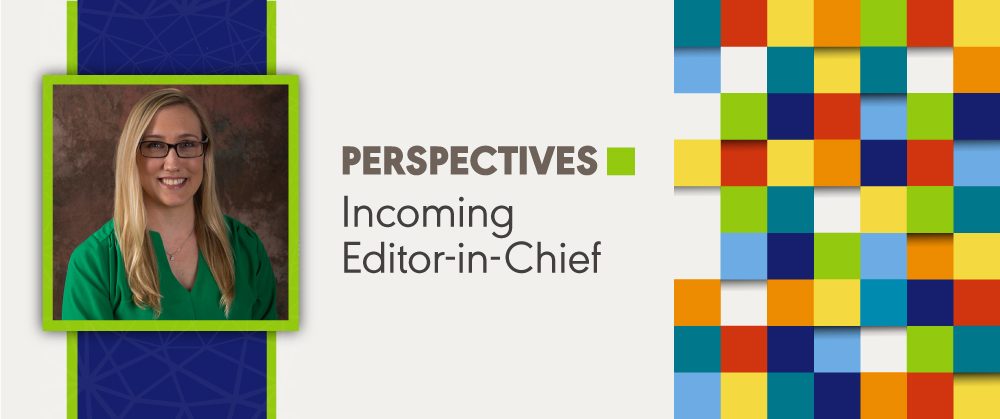Perspectives of the ASHA Special Interest Groups (Perspectives) is pleased to announce the selection of Kendrea Garand, PhD, CScD, CCC-SLP, BCS-S, CBIS, CCRE, as a new editor-in-chief of the journal. Dr. Garand will begin her term on January 1, 2024, succeeding Mary J. Sandage, PhD, CCC-SLP. Dr. Garand is an associate professor in the School of Health and Rehabilitation Sciences at the University of Pittsburgh, where she also supervises graduate student clinicians in the communication sciences and disorders master’s program in speech-language pathology.
Dr. Garand’s Background
Dr. Garand earned her master’s degree in speech-language pathology at Purdue University in 2007, her CScD at the University of Pittsburgh in 2010, and her PhD from the Medical University of South Carolina in 2014. Alongside her academic career, Dr. Garand has worked as a speech-language pathologist for more than 15 years.
Dr. Garand has authored or co-authored more than 50 articles since 2012, including more than 15 articles in ASHA’s journals. Her research interests include how healthy aging, motor neuron disease (ALS), and sleep disorders (OSA) impact swallowing function and respiratory–swallow coordination.
Dr. Garand has been an active member of the Perspectives editorial board for almost 9 years, serving as an editorial board member from 2015 through 2020. She was appointed editor of Special Interest Group 13, Swallowing and Swallowing Disorders in 2021.
About Perspectives
Perspectives publishes peer-reviewed research and scholarly articles that help bridge the gap between research and clinical practice in the discipline. Perspectives has four editors-in-chief serving 20 Special Interest Groups (SIGs). Dr. Garand will oversee content from the following SIGs:
SIG 2: Neurogenic Communication Disorders
SIG 3: Voice and Upper Airway Disorders
SIG 13: Swallowing and Swallowing Disorders
SIG 15: Gerontology
SIG 19: Speech Science
Dr. Garand can be reached at kgarand@pitt.edu. She welcomes your input and suggestions on how Perspectives can best serve the needs of both researchers and practicing clinicians as well as the discipline of communication sciences and disorders at large.









